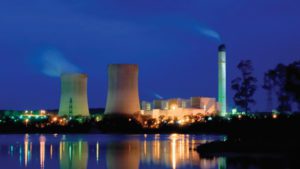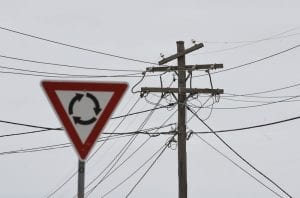A bill proposed by the Australian Greens calls for the establishment of a government statutory authority to oversee the planned closure of coal-fired power stations, and other measures required to shift Australia’s electricity system to renewables.

The Renew Australia Bill 2016 was introduced to the House of Representatives on Monday by Greens energy spokesman Adam Bandt.
It implements the Greens’ energy plan, which aims to increase energy production by about 50 per cent and transition the National Electricity Market from dirty to clean power.
The bill also proposes the new statutory authority would invest in renewable energy, support affected communities through the transition and rewrite energy market laws.
“The rules of Australia’s energy system need to be rewritten,” Bandt said in a speech to parliament. “Government must be the midwife of the clean energy society and that means a high level of planning to get public and private works happening in time.”
The National Electricity Market rules have long frustrated the clean energy industry, mostly because there is no mention of the environment in its list of “objectives”. They see this is one reason why new tariffs that would recognise environmental benefits of renewable energy and decentralised generation rarely get through.
They also say this is one reason why the policy regulators in Australia are so slow-moving. Out-of-date regulation is considered to be the major impediment to the rapid uptake of new technology in Australia.
The incumbents are often accused of using this as self-defence, but analysts say this may be counter-productive, and may encourage consumers to take their own action and leave the grid altogether.
Bandt said the Renew Australia bill will create a statutory authority charged with drafting laws to rewrite the country’s energy system so that we can get off coal and onto renewables by 2030.
“Our existing energy generators, grid and market are no longer ‘fit for purpose’. The transition task is huge and requires government coordination if we’re to ensure no-one is left behind,” he said.
“Everyone now accepts that a carbon price alone won’t phase out coal in the time we need, unless it is very high.
“An overarching set of ‘new energy objectives’ is needed to shift to renewables, phase out coal in an orderly way, create a grid that supports decentralised generation and look after affected communities.”








